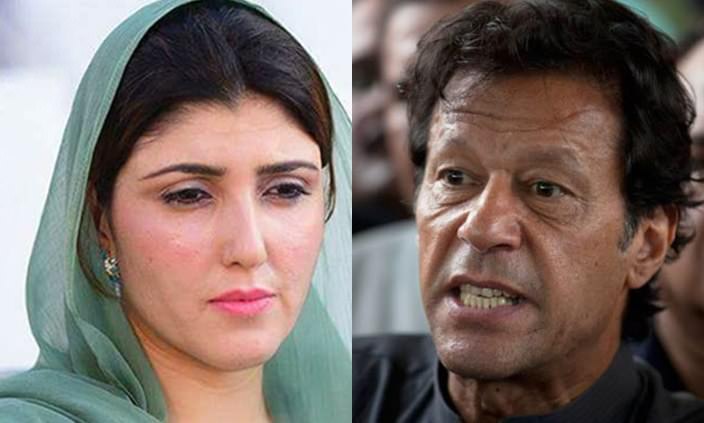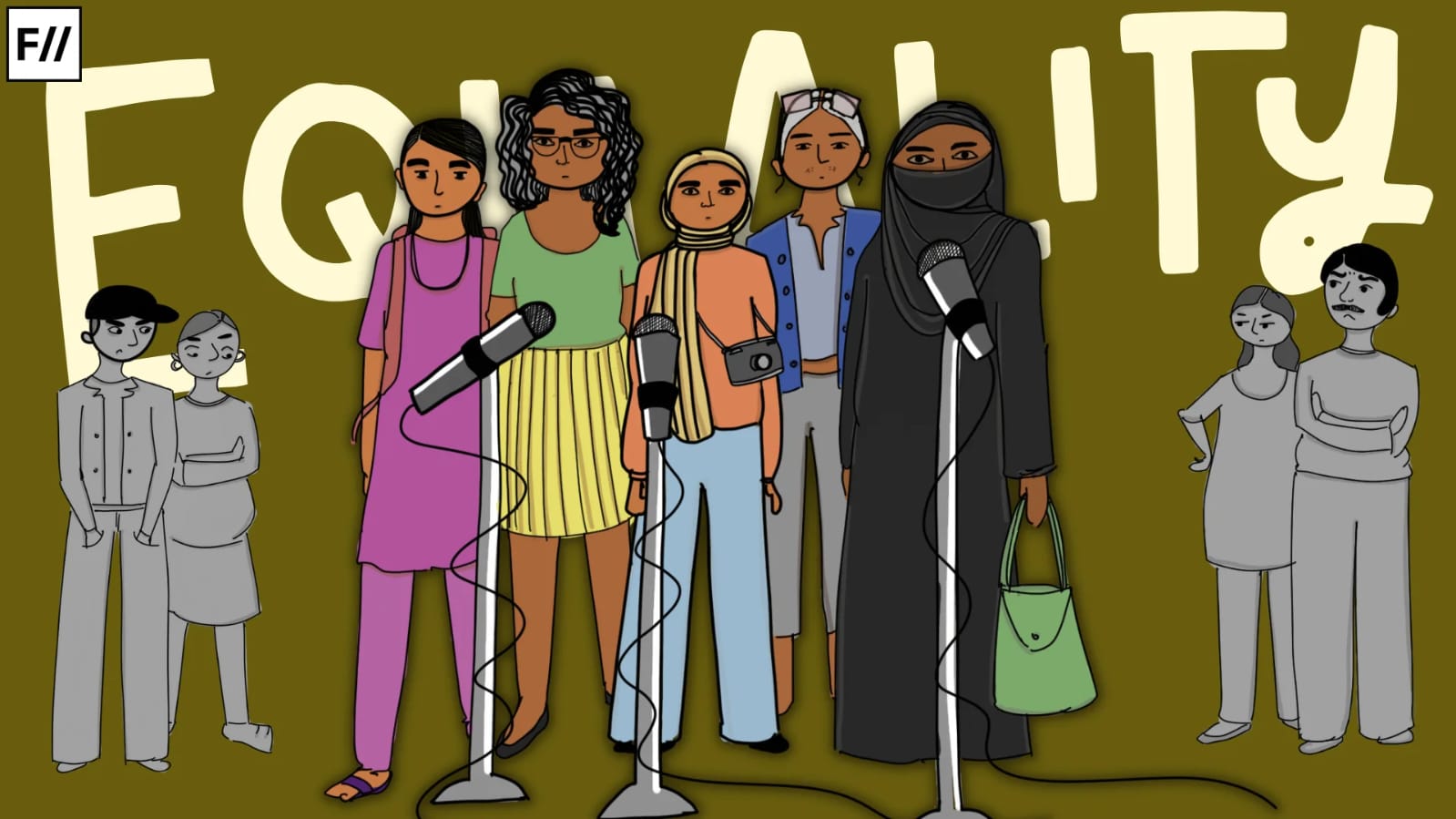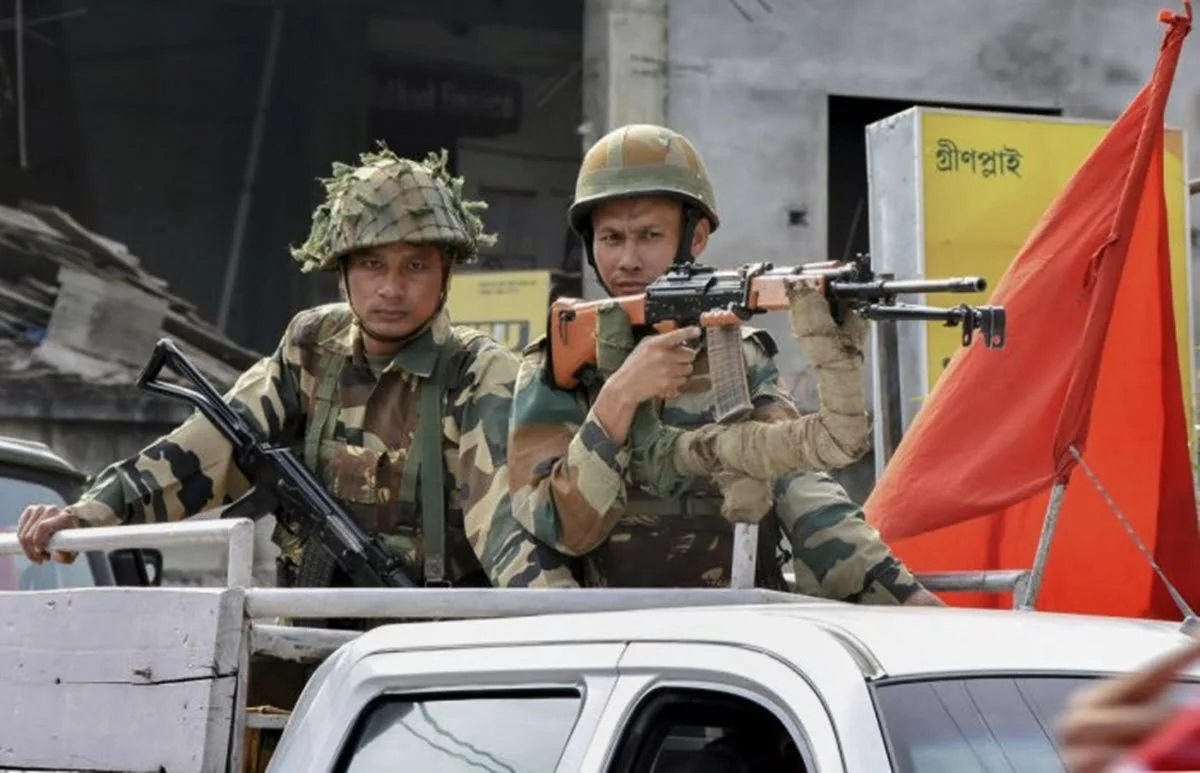Harassment of women, sexual and emotional, is not an untold phenomenon. No matter what country, which society or field of life, women face harassment in one form or the other, on a regular basis. Recently, more and more women are finding the strength to speak up and out about the harassment faced by them in their day to day lives.
Though different forms of harassment are not limited to any particular field, women working in the public sector are especially coming out and finding the courage to talk about their experiences while facing harassment. Be it the Harvey Weinstein case or President Donald Trump’s, women are gathering support by calling out big names and their sexual misconduct.
Across the globe, women are being appreciated for voicing their experiences and daring to drag powerful men in these conversations – something that was completely unheard of in the past. And though they are being widely praised for it, there are also various instances where women find themselves in deep controversies and mudslinging for their “audacity” to name powerful men in the affair. One such example is Ayesha Gulalai.
women find themselves in deep controversies and mudslinging for their audacity to name powerful men in the affair.
Ayesha Gulalai Wazir is a politician and a member of Pakistan’s National Assembly. In August 2017, Gulalai came out and talked about the harassment she faced by her party, Pakistan Tehreek-e-Insaf’s chairperson, Imran Khan for sending her lewd texts in October 2013. Gulalai resigned from the party while retaining her National Assembly seat over the conduct of the leading face of one of Pakistan’s biggest and most influential political parties.
Gulalai’s statement came out as quite a shock for many and while she gained support from various segments of society, particularly rival parties, she also faced extreme backlash for speaking out against one of Pakistan’s most influential and loved man. Before the case made it to the court, Ayesha Gulalai found herself at the centre of internet trolling and nationwide mudslinging.
Not only was she sued and denounced by her party but also deprecated on social media platforms. Some expressed their desire to rape her while some wanted to throw acid on her face and urinate on it.
Also Read: Arunabh Kumar And The Curious Case Of Innocent Flirting
Gulalai was labelled as a disgrace and cited as an example of how not to be a woman in Pakistan. While some blindly abhorred her, others thought that her allegations contain little merit due to her inability to produce the texts sent by Khan or because it took her some five years to speak out regarding the harassment she faced at the hands of Imran Khan.
Even Gulalai’s sister and professional Pakistani squash player, Maria Toorpakay Wazir, was also dragged into the affair with her pictures circulated online in which she wore shorts while playing the sport. These pictures were used to shame Gulalai by calling her out on her sister’s attire and shaming her for it. She was called indecent and a hypocrite for talking about a woman’s dignity and the integrity of it while her sister dressed like a boy, in short clothes to play a sport solely meant for men.
Furthermore, Gulalai came under fire after appearing on various different talk shows across Pakistani media to clear her stance and put forward her case but was ridiculed by anchor-persons and “journalists” who claimed that they personally know Imran Khan to be a man of high morals. She was embarrassed on live telecasted television shows by jeering moderators who wanted to know if she has set up the whole act to get Imran Khan to marry her or for cheap fame.
Some expressed their desire to rape her while some wanted to throw acid on her face and urinate on it.
Gulalai’s case serves as a classic example of what it means for a woman in Pakistan to come out and speak about her experience regarding abuse and harassment. Such instances can take more serious turns as seen in the case of Pakistani cricketer, Halima Rafiq, in 2014 who accused an official of the sports board of sexually harassing and later committed suicide after not being able to get justice for her case.
The incident concerning Ayesha Gulalai demonstrates the tormenting scenario of online harassment that even a woman of a considerably powerful stature in Pakistan cannot avoid. According to a study conducted in 17 universities by Digital Rights Foundation in Pakistan, it was found that 34 percent of the women from the considered sample had experienced some form of online harassment by men at least once during their lifetime. The example of Ayesha Gulalai facing the worst form of online harassment gives a taste of how strenuous it is for women in Pakistan to come out and talk about harrowing experiences like abuse and harassment.
In a society that fails to acknowledge the strength required to talk about such experiences and chooses to stay blind to such issues, women find it extremely difficult to confess the abuse and harassment that they face, in online and offline spaces. Due to the sheer fear of not being trusted or being blamed and slandered for the harassment caused to them, women in Pakistan most often choose to stay quiet and silently endure the abuse that they go through every day of their lives.
Also Read: Open Secrets And Power: Harvey Weinstein And Dileep
Featured Image Credit: Dawn
About the author(s)
A Pakistani journalist and Culture & Gender scholar at the University of Sydney, Amna Nasir considers herself a hard-core feminist. She is a travel enthusiast and expresses herself through painting, sketching, photography and writing. As clichéd as it may sound, Amna believes in equality of all beings irrespective of their background, colour, gender, religion or ethnicity.




